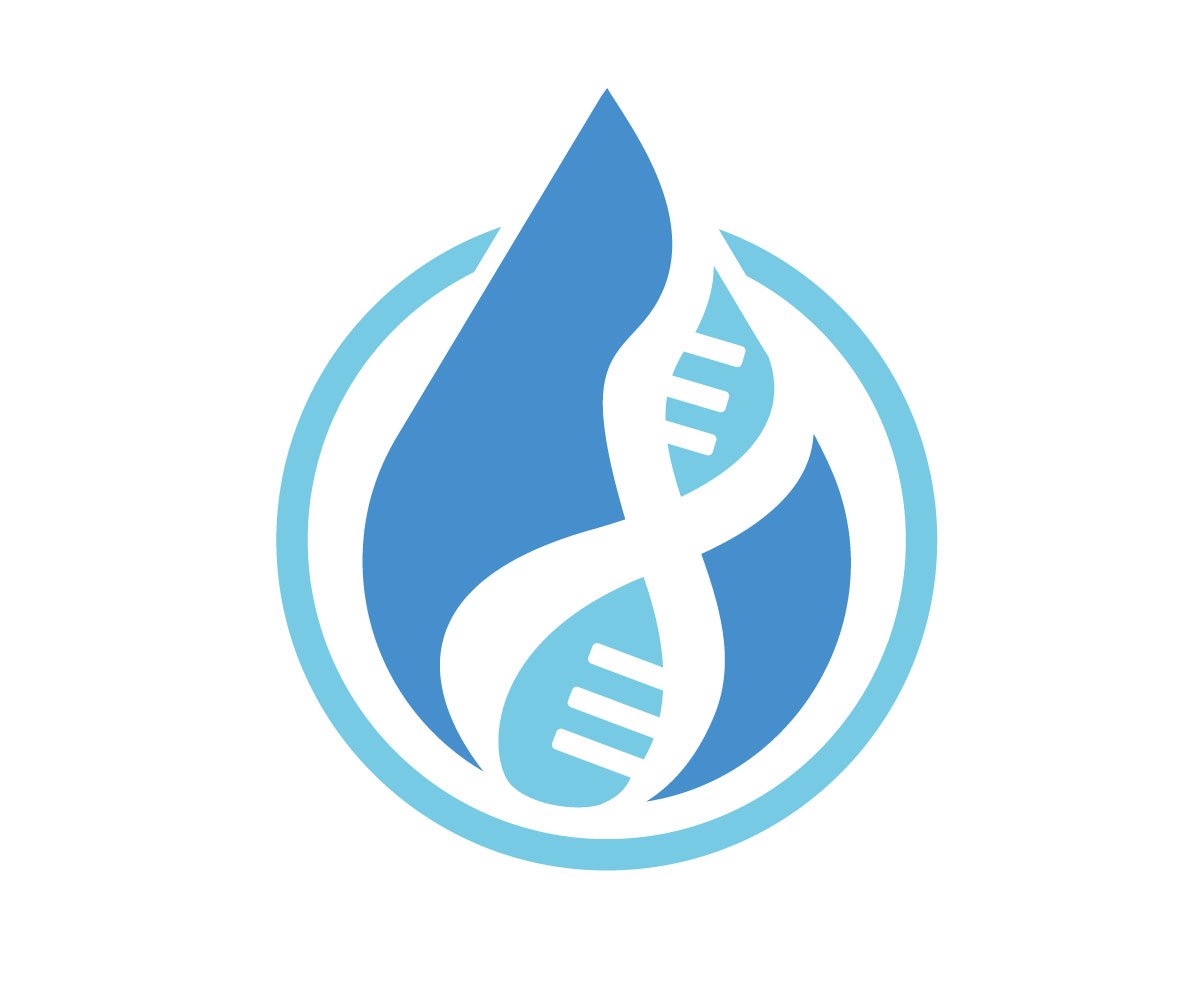High ROH - A Topic Covered in a Chapter of “The DNA Guide for Adoptees”
ROH is very tricky topic but one we need to get comfortable talking about. It can happen to anyone of any age from any background.
Sign up to read this post
Join Now

